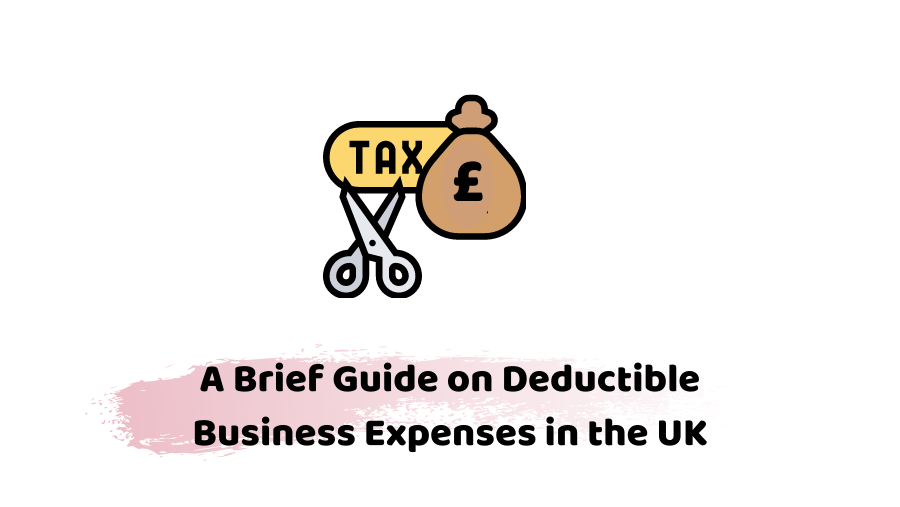You have to spend money to make money, and running your business requires you to juggle the day-to-day expenses that are required to produce your product or service. While it is common sense that keeping your expenses down is the easiest way to increase profits, learning how to do that is actually a little more complicated.
Fortunately, your company’s day-to-day expenses can be eligible for a tax deduction. However, this doesn’t mean that all the money you spend can be chalked up as a business expense. To help you out with this, we’ve prepared a brief guide on what counts as a tax deductible business expense in the UK!
Common Tax-Deductible Business Expenses
Let’s start with a list of the most common business expenses that are tax-deductible. These are things that don’t need much explanation or expert advice. Take note of the following:
- Business banking charges
- Heating and energy costs
- Stocks
- Employee salaries
- Freelance fees
- Day-to-day office costs
- Staff training costs
- Business insurance charges
- Rent payments
- Marketing and advertising fees
Uncommon Tax-Deductible Business Expenses
Now that you know the common details, it’s time to talk about the expenses you may not know. It would be best to speak to your business accountant if you have any more questions about the items listed below:
- Home office costs: If you run your business from your home, then you will be allowed to write off your home office costs as tax-deductible. This means that a percentage of your home’s utility bills will fall under your business expenses. However, you have to take note that simply working from home doesn’t mean that you have a home office. This falls under a different tax deduction that can return up to £125.
- Childcare: Ordinarily, childcare wouldn’t be considered a valid business expense. But under certain conditions, it will be tax-deductible. Childcare can be considered a valid business expense for a company if paid via childcare vouchers up to a total of £243 per month.
- Business travel costs: Now, for an expense to be tax-deductible, it has to be 100% a business cost. This applies to business travel costs as long as everything listed under the travel costs revolves around you doing business. For example, let’s say you fly over to a location for a business meeting. The cost of the flight will count towards your business expenses, and your lodgings for the duration of the business trip will also count as a business expense. However, if you choose to stay longer than needed, then days that go beyond the initial meeting will no longer count.
Conclusion
The details can get quite murky when it comes to deductible business expenses. This is why you’ll want to be equipped with the knowledge to navigate it all. Another thing that’ll help is a reliable accountant. If you need help with this, then our article on how to choose the right expert can help you find the best business accountant that’ll help your business with both your short-term and long-term goals. With that being said, the information that you’ve learned in this article will be a good starting point and will prove helpful in the long run!
Accotax is one of the leading accounting and tax consulting agencies in the UK. We are dedicated to helping individuals, businesses, and startups achieve their financial goals. If you’re looking for accountants in London, then we’ve certainly got you covered. Get in touch with us today to learn more about our services!





















































